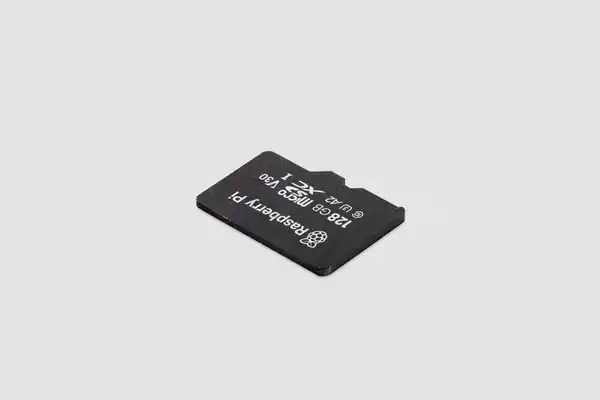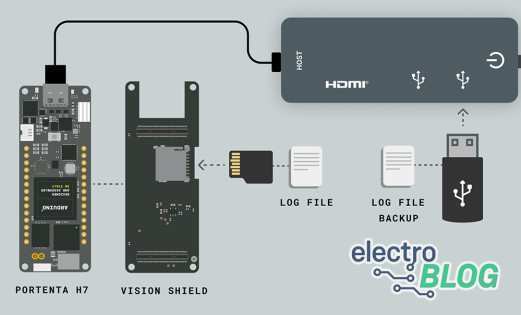Exploring Raspberry Pi’s New Branded SD Cards for Reliable Storage
Raspberry Pi has recently taken a significant step by introducing their own branded SD cards, aiming to offer a more reliable storage solution for their users. SD cards are often overlooked until they fail, and for those who rely on them for critical projects—like using a Raspberry Pi as the main storage for an entire system—their importance can't be understated.

Watch Ian talk about Raspberry Pi creating their own SD Cards in this episode of The Electromaker Show
The introduction of Raspberry Pi branded SD cards is a response to the common issue of SD card corruption, which can lead to data loss, especially if backups aren't regularly made. For many makers and developers, this can be a frustrating experience, as illustrated by the Ian losing a smart home project built on a Raspberry Pi.
By releasing their own SD cards, Raspberry Pi hopes to ensure users have a trusted, Pi-optimized option for their projects, reducing the risk of data corruption and providing peace of mind for those running critical systems on their Raspberry Pis.
Technical Specifications and Features
The new Raspberry Pi branded SD cards are designed specifically for optimal performance with Raspberry Pi systems. These cards feature A2 speed class support, which ensures fast data access and quick read/write speeds, crucial for running applications and storing data on Raspberry Pi setups.
Key technical specifications include support for DDR50 and SDR104 bus speeds, as well as command queuing, which allows for more efficient data processing. These features are vital when using an SD card as the primary storage for your Raspberry Pi, reducing lag and enhancing overall system performance.
Available in 32GB, 64GB, and 128GB capacities, the Raspberry Pi branded SD cards are engineered to meet the specific storage needs of Raspberry Pi users. These cards ensure compatibility with all Raspberry Pi models, offering a reliable and efficient storage solution. Just as Raspberry Pi’s branded power supplies are recommended for stable performance, these SD cards are tailored to provide consistent, dependable storage for Raspberry Pi projects.

Market Reaction and Alternatives
As with any branded product release, the introduction of Raspberry Pi branded SD cards is likely to spark discussion within the maker community. While some users may appreciate the convenience and trust that comes with an official product, others may stick with trusted third-party brands like SanDisk or Kingston, which have long been considered reliable options for Raspberry Pi projects.
The decision to release branded SD cards mirrors Raspberry Pi's previous move to create branded power supplies, which became the go-to recommendation for ensuring proper power delivery to Raspberry Pi boards. However, SD cards from well-known manufacturers have already earned their place in the market, and Raspberry Pi may face challenges convincing users to switch to their own product, despite its Pi-optimized specifications.
For users looking for alternative storage options, it's worth noting that there are ways to boot a Raspberry Pi without using an SD card at all, such as utilizing USB storage or network booting. These alternatives offer additional flexibility, and some may argue they provide better long-term reliability. However, for those who prefer the simplicity of using an SD card, the Raspberry Pi branded option provides a dependable choice, specifically designed for Pi users.
Did you enjoy this article?
Make sure you subscribe to The Electromaker Show for similar content and subscribe to our monthly newsletter!














































Leave your feedback...